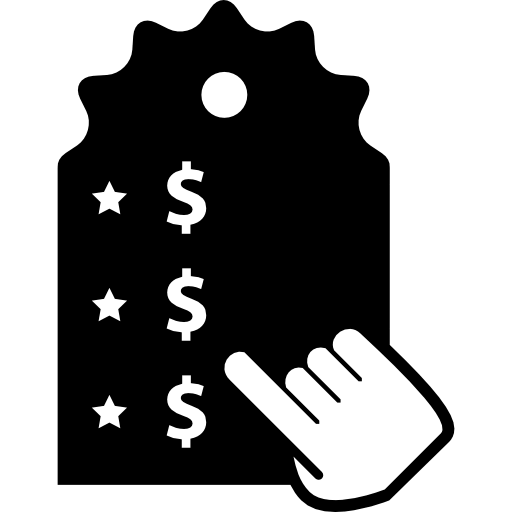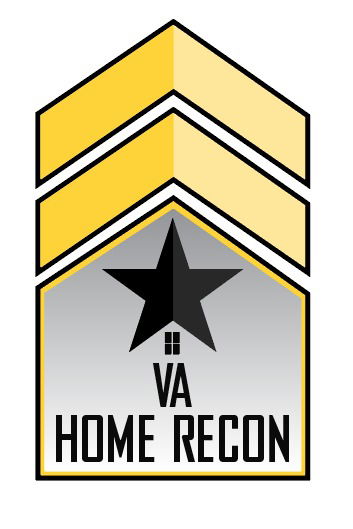VA Loan Closing Costs & Fees

Like every mortgage, the VA loan comes with closing costs and related expenses. VA loan closing costs can average anywhere from 3 to 5 percent of the loan amount, but costs can vary significantly depending on where you're buying, the lender you're working with and more. For many home buyers, closing costs are one of the most confusing parts of this entire journey.
In fact, “closing costs” is really a catchall term. There are all different kinds of costs and fees that can be part of finalizing this process. In the mortgage world, you’ll also hear these referred to as “settlement charges.”
Some of these costs represent the actual costs of doing a loan. Others involve expenses like homeowners insurance and property taxes. Some need to be paid before you get to the closing table, while others can wait until that day arrives.
Who pays what in closing costs and concessions is always up for negotiation. It’s important to understand that sellers aren’t obligated to pay any costs on your behalf, but you can always request that the sellers pay a portion or all of the closing costs when you’re making a formal offer on a home.
Closing Costs v. Concessions
In addition to all of your loan-related closing costs, you can ask the seller to pay up to 4 percent of the purchase price in “concessions,” which can cover those non-loan-related costs and more. VA broadly defines seller concessions as “anything of value added to the transaction by the builder or seller for which the buyer pays nothing additional and which the seller is not customarily expected or required to pay or provide.”
In some respects, as long as you stick to that 4 percent cap, the sky’s the limit when it comes to asking for concessions.
VA buyers are also subject to the VA Funding Fee, a mandatory charge that goes straight to the VA to help keep this loan program running. For most first-time VA buyers, this fee is 2.15 percent of the loan amount, provided you’re not making a down payment. Buyers who receive VA disability compensation are exempt from paying this fee.
The funding fee is the only closing cost VA buyers can roll into their loan balance, and that’s how most borrowers approach this fee. You could ask the seller to pay it, but doing so would count against the 4 percent concessions cap. The other potential approach would be to ask the seller to lower the purchase price by whatever the fee totals.
Closing Costs in Your Purchase Offer
One of the early questions many borrowers have is: What are my closing costs? It’s an important question for a lot of reasons. Where things can get confusing is that lenders can only give you a rough estimate until you’ve zeroed in on a property. That’s in part because they’ll need the property address in order to estimate things like homeowners insurance, property taxes and more. Some lenders will provide a “fees worksheet” or some other document to help give you a broad idea of closing costs. Other times, a loan officer might provide a rough estimate based on other recent purchases in that community.




